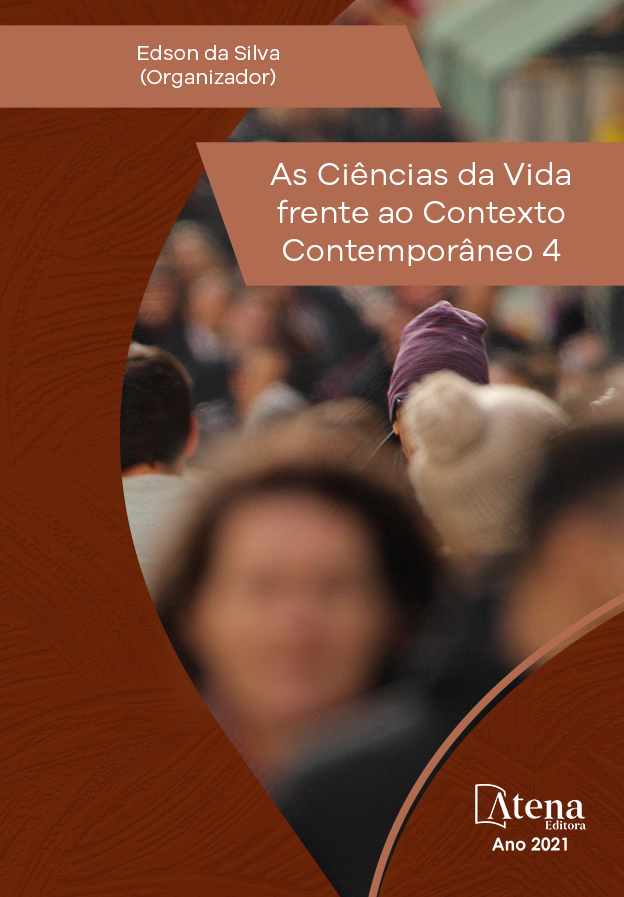
TÉCNICAS UTILIZADAS POR DELEGADOS DE POLÍCIA PARA A DETECÇÃO DA MENTIRA: ESTUDO EXPLORATÓRIO
A mentira é realizada no cotidiano e em diferentes contextos, desde a mais tenra idade. Como mentimos e porque mentimos tem sido alvo de pesquisas internacionais e são questões norteadoras de pesquisas científicas. Objetivo: Descrever as técnicas utilizadas por delegados de polícia para a detecção da mentira. Método: Pesquisa transversal, exploratória e qualitativa, utilizando-se a análise de conteúdo para obtenção dos dados. Foram realizadas entrevistas que foram gravadas e posteriormente os dados foram transcritos e interpretados qualitativamente. A amostra foi constituída por conveniência, por cinco delegados de polícia, com idades entre 35 e 50 anos, sendo três do gênero feminino e dois do masculino. Resultados: O tempo de atuação profissional variou entre 10 e 20 anos. Os resultados revelaram, pela maioria dos participantes, que a expertise profissional auxilia na detecção da mentira. Os motivos que levam uma pessoa a mentir focaram, principalmente, no medo que as pessoas têm sobre as consequências de seus atos. De acordo com o exposto, as provas (testemunhais ou documentais) aliadas aos depoimentos e à experiência do investigador poderão acarretar em sucesso em uma investigação, sendo que as técnicas para a detecção da mentira foram obtidas no decorrer do exercício profissional, com exceção de um profissional, que argumentou que a detecção da mentira não é importante em uma investigação. Conclusão: As técnicas mais utilizadas para a detecção da mentira pelos participantes foram a averiguação dos depoimentos com as provas obtidas e a análise do comportamento verbal (fala e recursos linguísticos) e não verbal (pelos movimentos do corpo – incluindo olhos e face), embora tenha sido constatada desde a descrença em técnicas para tal intento até crenças infundadas, como a direção do olhar.
TÉCNICAS UTILIZADAS POR DELEGADOS DE POLÍCIA PARA A DETECÇÃO DA MENTIRA: ESTUDO EXPLORATÓRIO
-
DOI: 10.22533/at.ed.96321170213
-
Palavras-chave: 1. Detecção, 2. Detecção de Mentiras; 3. Comportamento
-
Keywords: 1. Detection, 2. Lie Detection; 3. Behavior
-
Abstract:
The lie is carried out in everyday life and different contexts, from an early age. As we lie and because we lie have been the subject of international research, they guide scientific research questions. Objective: To describe the techniques used by police officers to detect lies. Method: Cross-sectional, exploratory and qualitative research, using content analysis to obtain the data. Interviews were carried out that was recorded, and later the data were transcribed and interpreted qualitatively. The sample consisted of convenience, by five police officers, aged between 35 and 50 years old, three of whom were female and two were male. Results: The length of professional experience varied between 10 and 20 years. The results revealed that professional expertise helps in the detection of lies by most of the participants. The reasons that lead a person to lie focused mainly on the fear that people have about the consequences of their actions. According to the above, the evidence (testimonial or documentary) combined with the testimony and the investigator's experience may result in a successful investigation, and the techniques for the detection of lies were obtained during the professional practice, except for one professional, who argued that lie detection is not essential in an investigation. Conclusion: The techniques most used for the detection of lies by the participants were the verification of testimonies with the obtained evidence and the analysis of verbal (speech and linguistic resources) and non-verbal (by body movements - including eyes and face) behavior, although it has been verified since the disbelief in techniques for this purpose until unfounded beliefs, such as the direction of the look.
-
Número de páginas: 15
- Maria Juliana dos Santos Silva
- Geciane Maria Xavier Torres
- Raphaela Barroso Guedes-Granzotti
- Kelly da Silva
- Carla Patrícia Hernandez Alves Ribeiro César


